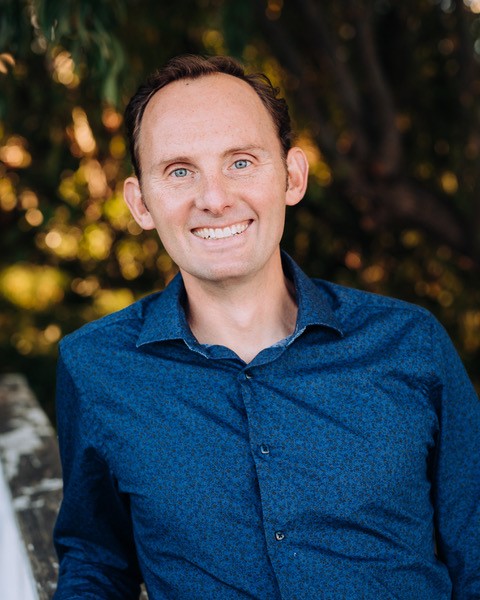
First-of-its-kind multidisciplinary clinic combines transplant and oncology expertise
The Cancer and Organ Transplant Clinic (COTC) opened its doors in September 2021 as a first-of-its-kind multidisciplinary consult clinic. “I don’t know of another clinic like this in the world,” says Dr. Blosser, COTC clinic director, and a transplant nephrologist at the University of Washington.
"Historically, patients get one recommendation from an oncologist and a separate recommendation from a transplant doctor, and sometimes they never even talk, and sometimes the recommendations conflict.”
Located at Fred Hutchinson Cancer Center, the new clinic has partnered oncologists across 12 different cancer types with four transplant doctors who specialize in heart, lung, liver, and kidney transplants. The intersection of expertise leads to integrated care while clarifying diagnoses and providing customized treatment plans.
Many of the patients seen at the COTC during its first year had developed cancer after having a transplant.
Patients seen at the clinic are also helping to advance care for others. Dr. Blosser also directs the Center for Innovation in Cancer & Transplant (CICT), which launched the only national registry of patients with cancer before and after organ transplant. Patients, with their consent, will be entered into the registry, which enables future research on many types of cancer within the higher-risk setting of organ failure and transplant.
He is also leading a team that is examining the prevalence of a spectrum of blood cancer and precancerous disorders including benign MGUS and multiple myeloma and outcomes in those patients who were referred to UW Medicine for organ transplant.
The CICT registry follows enrolled patients, tracking their response to their treatment; the goal is to foster collaboration with other cancer centers and transplant programs.
“The more centers that contribute their data, the more we are able to do research that we can’t accomplish at just one site,” says Dr. Blosser.